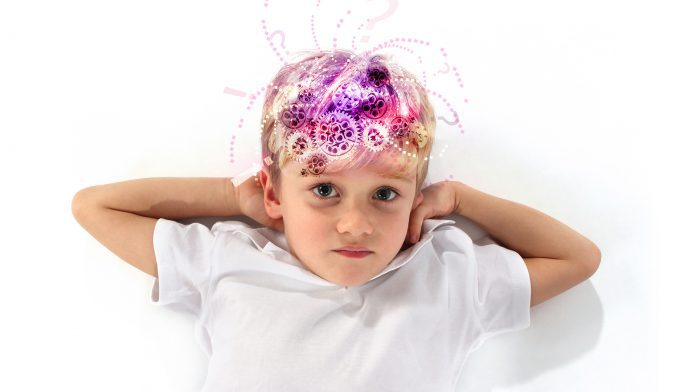
A new study provides direct evidence that antidepressant use during pregnancy can impact child brain development and contribute to the risk of mental health disorders later in life.
Led by researchers at the University of Colorado Anschutz Medical Campus, the study delved into the effects of fluoxetine, commonly used in medications such as Prozac and Sarafem for treating depression and perinatal depression, on child brain development.
Serotonin’s role in child brain development
Fluoxetine functions by increasing serotonin levels in the brain. Dr Won Chan Oh, the study’s lead author, emphasised the importance of understanding serotonin’s influence on the prefrontal cortex, a crucial brain region involved in high-order cognition.
Oh said: “While it is known that serotonin plays a role in brain development, the mechanisms responsible for this influence, specifically in the prefrontal cortex, have been unclear.
“The prefrontal cortex, the most evolved brain region, plays a central role in highest-order cognition, which is why we focused our study on finding the answer from this brain area.”
Through their research, Dr Oh and neuroscience PhD candidate Roberto Ogelman discovered that serotonin directly influences nascent and immature excitatory synaptic connections in the prefrontal cortex.
Disruptions in these connections during early child brain development can lead to various mental health disorders later in life.
Experimental evidence
The researchers conducted experiments on mice to study the impact of serotonin deficiency and surplus on brain development.
Their findings revealed that serotonin not only plays a role in overall brain function but also influences individual connections between neurons, crucial for learning and adaptation.
Understanding the correlation between serotonin and brain development could pave the way for early intervention and the development of new therapeutics for neurodevelopmental disorders involving serotonin dysregulation, according to Dr Oh.
Healthcare decision-making
The study underscores the importance of involving healthcare professionals in decision-making regarding individualised care for pregnant women.
This includes discussing the benefits and side effects of antidepressants and exploring possible non-pharmacological interventions for postpartum depression.
The researchers intend to further investigate the impact of fluoxetine, particularly its effects on the developing teenage brain. This ongoing research aims to provide deeper insights into the long-term consequences of antidepressant use during pregnancy.
The study sheds light on the intricate relationship between antidepressant use during pregnancy, serotonin, and brain development in offspring.
By unraveling these mechanisms, researchers hope to improve clinical practices and ultimately enhance mental health outcomes for future generations.







